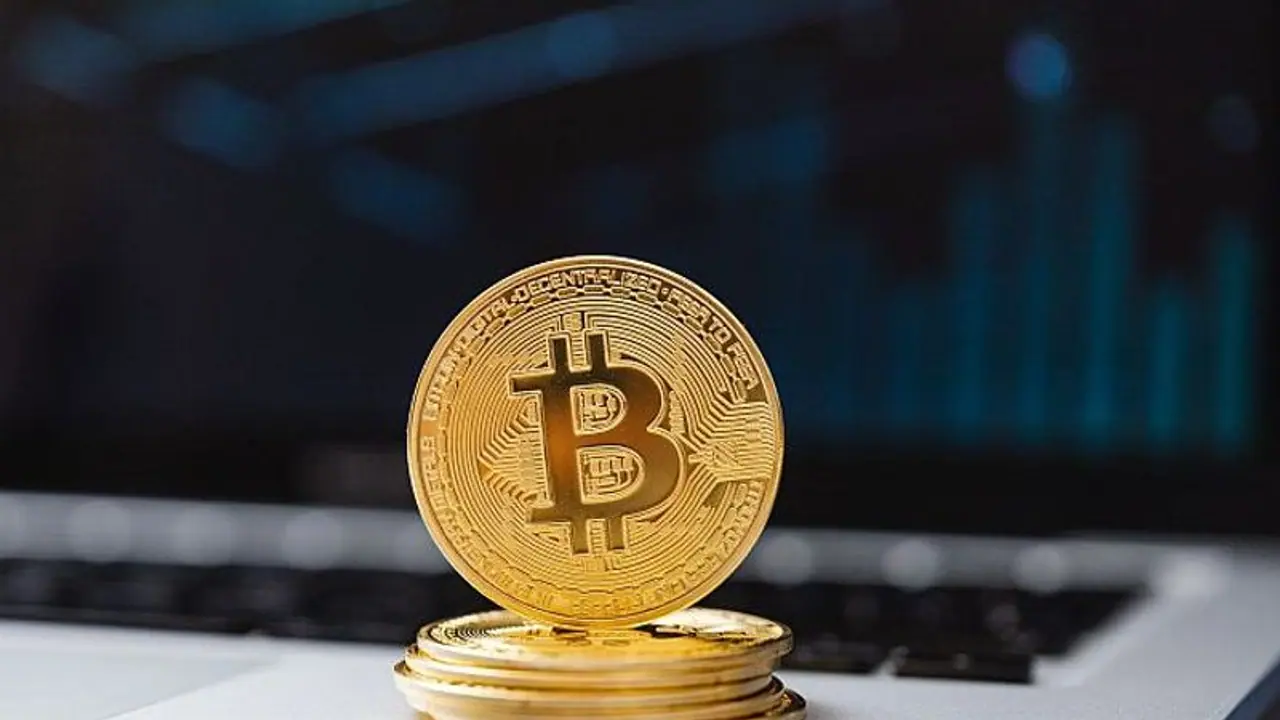Top players in the cryptocurrency sector will be meeting a parliamentary standing committee on finance on Monday during which opportunities and challenges posed by the crypto industry are likely to be discussed.
Top players in the cryptocurrency sector will be meeting a parliamentary standing committee on finance on Monday during which opportunities and challenges posed by the crypto industry are likely to be discussed. The meeting comes as the Centre gets ready to table a Bill in the Winter session of Parliament on the regulation of cryptocurrency. The Bill indicates a shift in the government's line of thinking with regard to cryptocurrency, considering that an earlier Bill had proposed a complete ban on cryptocurrency. But while the government speaks of regulation, it is clearly not in favour of labelling it as legal tender.

Understanding Cryptocurrency
Virtual currency is a concept of financial exchange that is not controlled by any traditional system and has no print form. Often, every virtual currency has value only within a virtual community. Virtual currencies do not have the support of any bank or any other system of valuation. Most virtual currencies are used to buy items that are part of the game inside games and to get offers on some e-commerce sites. Facebook Credits, Microsoft Points and Nintendo Points are all virtual currencies. They are of no use outside of the respective platform.
Cryptocurrencies rules are a little stricter, but the difference is that laws are not made by governments or national banks that act as part of them. Cryptocurrencies are governed by an independent system. The system is designed in such a way that each crypto unit can accurately identify in whose hands it originated.
The concept of e-money, which was completely decentralized, has been around since the 1980s. It all started with the concept of e-cash by American cryptographer David Chaum. This became a reality in 1995 under the name Digicash. Digicash can be called a system that can handle the money currently in use completely privately. Bitcoin, the first fully decentralized cryptocurrency, was introduced in 2009. Satoshi Nakamoto, an unknown developer, was behind this.
Bitcoin cannot be counterfeited and has no transaction intermediaries. All transactions are transparent and private at the same time. Each transaction is available in the blockchain ledger. It is added to this ledger with each new transaction. The transaction between A and B can be identified but who is A and who is B is private. By 2140, there will be 21 million Bitcoins in circulation in the market.
How can cryptocurrency be acquired?
Bitcoin can be acquired through the process of mining. It can be generalized that mining is a program that finds answers to mathematical problems using the processing power of a computer. Bitcoin earned by mining can be exchanged. You can keep it in your own account. An account is not a bank account but a software wallet. More information is available at Blockchain.info.
There are also exchanges that convert Bitcoin into regular currency. Many cryptocurrencies later emerged in the Bitcoin model, with many cryptocurrencies in circulation, such as Lightcoin, Ethereum, and Tron.
The crypto challenges
There are many scams going on in the name of cryptocurrency. The recent scam in the name of the squid game is just one example. The nations of the world have different opinions about crypto. China has banned cryptocurrencies. El Salvador and Cuba have adopted cryptocurrencies. Virtual currency and cryptocurrency mentioned above are all digital but out of government control. Recognizing this, many countries are moving towards the concept of their own digital currency.
China, Japan, Sweden and Nigeria are experimenting with such central bank digital currencies. The Bank of England and the European Central Bank are set to launch similar experiments. The US Federal Reserve is also considering such a possibility but has not reached a firm decision on whether or not to. There are indications that India will introduce its own digital currency but it is not certain. It is understood that the technology behind each CBDC will be different.
That being the case, there is widespread concern that economic inequality will increase with the advent of digital currencies. We have seen that those who were ignorant about digital payment systems were caught off guard during the note ban. Ordinary people who did not have their own phone or ATM card were worried then. Digital payment systems have not yet reached everyone in India. It should be noted that even those who know how to use a phone and have access to the Internet are not aware of digital currencies.
Also Read
Bitcoin, ether hit new highs as cryptocurrency adoption increases
India has over 10 crore Crypto owners now, highest in the world: Report
